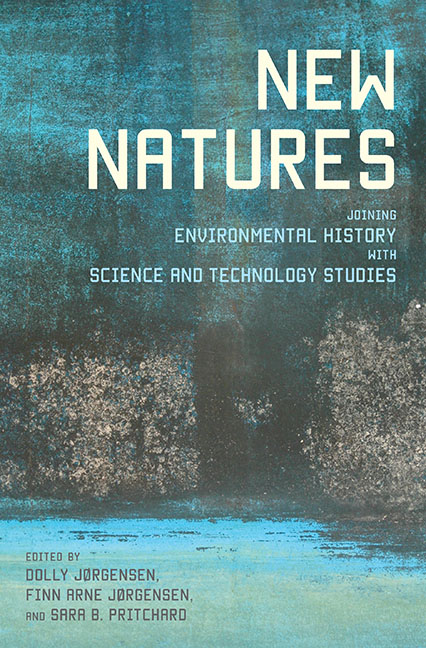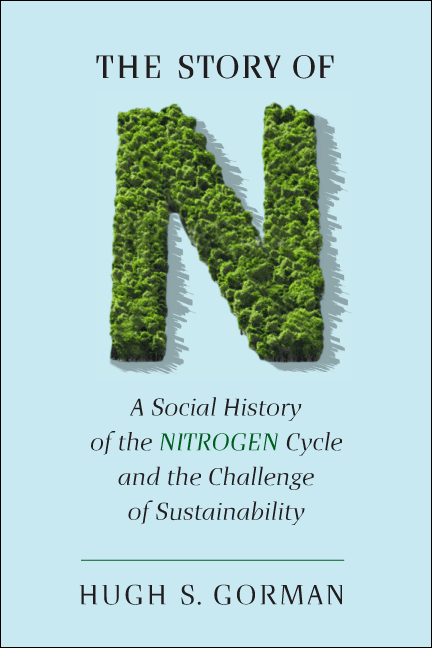The members of Envirotech are pleased to announce that Ashley Carse has been selected as the winner of the 2013 Joel A. Tarr Prize for his article “Nature as Infrastructure: Making and Managing the Panama Canal Watershed,” Social Studies of Science 42 (2012): 539-563. The Tarr prize recognizes the best article published in a journal or edited collection on the relationship between technology and environment in history during the previous 18 months. Envirotech would also like to thank our prize committee members–Erik Rau, Heike Weber, and Steve Cutliffe–for their service.
In describing the Panama Canal watershed as an environmental artifact that provides infrastructural services—namely, supplying the 52 million gallons of water that flush out to sea with each of the 35-45 ships that transit the isthmus each day—Carse’s work invokes envirotech approaches expressed in the work of Joel Tarr and others—a fusion of the history of technology and STS with environmental history—while incorporating this tradition with theories and practices from postcolonial studies, political ecology, geography, anthropology, and ethnography. The result is an approach that enriches all of these fields while providing a new perspective on the human-environment relationship.
Infrastructure studies have animated the history of technology and STS for decades, but only recently has the term “infrastructure” been applied to landforms, and then, as in the work of Mark Benedict and Edward McMahon, to realize the economic contribution of ecosystems to human productivity. As Carse is aware, this shift in nomenclature, with its managerial logic, follows “a broader interdisciplinary effort since the 1980s to assign the environment value as natural capital: a stock that provides ecosystem services that benefit humans at multiple scales” (542).
In his analysis of efforts by American and Panamanian state institutions to manage the watershed and refresh the waters drained away by the canal, the interests of canal managers and engineers collide with the horticultural interests of campesinos, whose presence and farming practices are themselves an outcome of efforts to administer the watershed’s environment for different purposes. In enacting populist land redistribution policies in the 1950s and 1960s, the Panamanian government encouraged the development of agriculture by smallholders whose swidden agricultural practices (often pejoratively referred to as “slash-and-burn”) reduced watershed forests by fifty percent between the 1950s and late 1970s. By the latter date, American scientists, like Frank Wadsworth of the US Forest Service, sounded the alarm that deforestation threatened canal operations by reducing the watershed’s capacity to “produce” and store water. Although the reduction of water had several causes—drought and increased ship traffic among them—scientists, canal administrators, and other institutional actors focused on managing the interests of the horticulturalists to avoid conflict with those of the state and corporate shipping interests. Ironically, the coercive nature of these practices, especially after the canal treaty between the United State and Panama was signed in 1977, led campesinos to rotate fallow land back into use more rapidly, leading to lower fertility and the perpetuation of deforestation.
Carse’s ethnographic work reveals a complex web of relationships that elude easy characterization of motives and actions as simply good or evil. The coercive tactics of the Noriega regime in the 1980s, for instance, have been replaced by well meaning international NGOs, Peace Corps volunteers, and social and natural scientists all wanting to assist reforestation, but unwittingly abetting the growing marginalization of the campesinos. Experts may see the campesinos’ presence in the watershed as a problem, but rarely do they recognize the farmers’ swidden agricultural practices are also an artifact of a competing techno-political system. As Carse shows, rural marginalization is embodied in and experienced through technological infrastructure, particularly historical processes of connection and disconnection. One village in which Carse undertook his fieldwork, despite being situated near the canal and Panama’s largest two cities, was first electrified in 2009. By itself, this observation of competing technological visions underscores the rich possibilities that Carse’s work holds for envirotech approaches in the future.
The prize was awarded during the 2013 ASEH meeting in Toronto in April 2013. Envirotech will next offer the Joel A. Tarr Article Prize at the 2014 SHOT Conference. Papers published between November 1, 2012 and May 1, 2014 will be eligible. A call for applications will be released after May, 2014.

